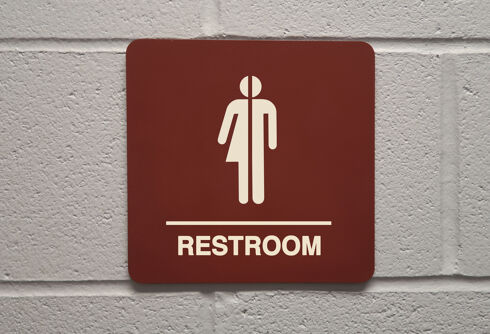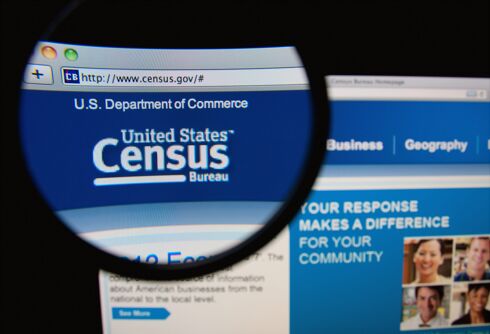
TOPEKA, Kan. — A Republican legislator warned Thursday that Kansas risks the same sort of national backlash as Indiana and Arkansas if lawmakers pass a proposal aimed at protecting college religious groups, but a GOP colleague said heeding such concerns would be “catering to the mob.”
The Kansas House Federal and State Affairs Committee approved a bill designed to give religious groups on state university campuses more control over their membership.
The committee’s debate touched on the criticism lawmakers in the two other states have faced for passing broader religious objections measures described by some business leaders and groups as anti-gay.
Gay rights supporters in Kansas contend its bill, which passed the Senate two weeks ago, would protect campus religious groups from being sanctioned for barring gay and lesbians as members – or limiting membership based on race, ethnicity or national origin.
Backers of the bill say it protects students’ freedoms of association and worship.
Article continues below
Republicans hold 18 of the panel’s 23 seats, and six joined four Democrats in voting against the bill.
The Kansas measure is significantly different from new religious objections policies approved by lawmakers in Arkansas and Indiana, which focus on limiting broader government action against individuals, groups and businesses that say they’re acting in line with their religious beliefs.
Under the Kansas proposal, state universities, community colleges and technical colleges could not sanction religious groups over requirements that members adhere to the group’s sincerely held beliefs or “religious standards of conduct.”
The bill doesn’t mention gays and lesbians and is written broadly enough to cover, for example, Christian groups that refuse to allow Muslims to formally join, or Muslim groups that disallow Christians. Supporters said it also would allow groups to oust leaders if they, for example, failed to heed rules against sex outside of marriage.
Article continues below
The Kansas Board of Regents, which oversees the state’s higher education system, has an anti-discrimination policy for student groups that includes sexual orientation. But the policy also says, “The right of organizations to establish standards for membership is acknowledged.”
This material may not be published, broadcast, rewritten, or redistributed.













